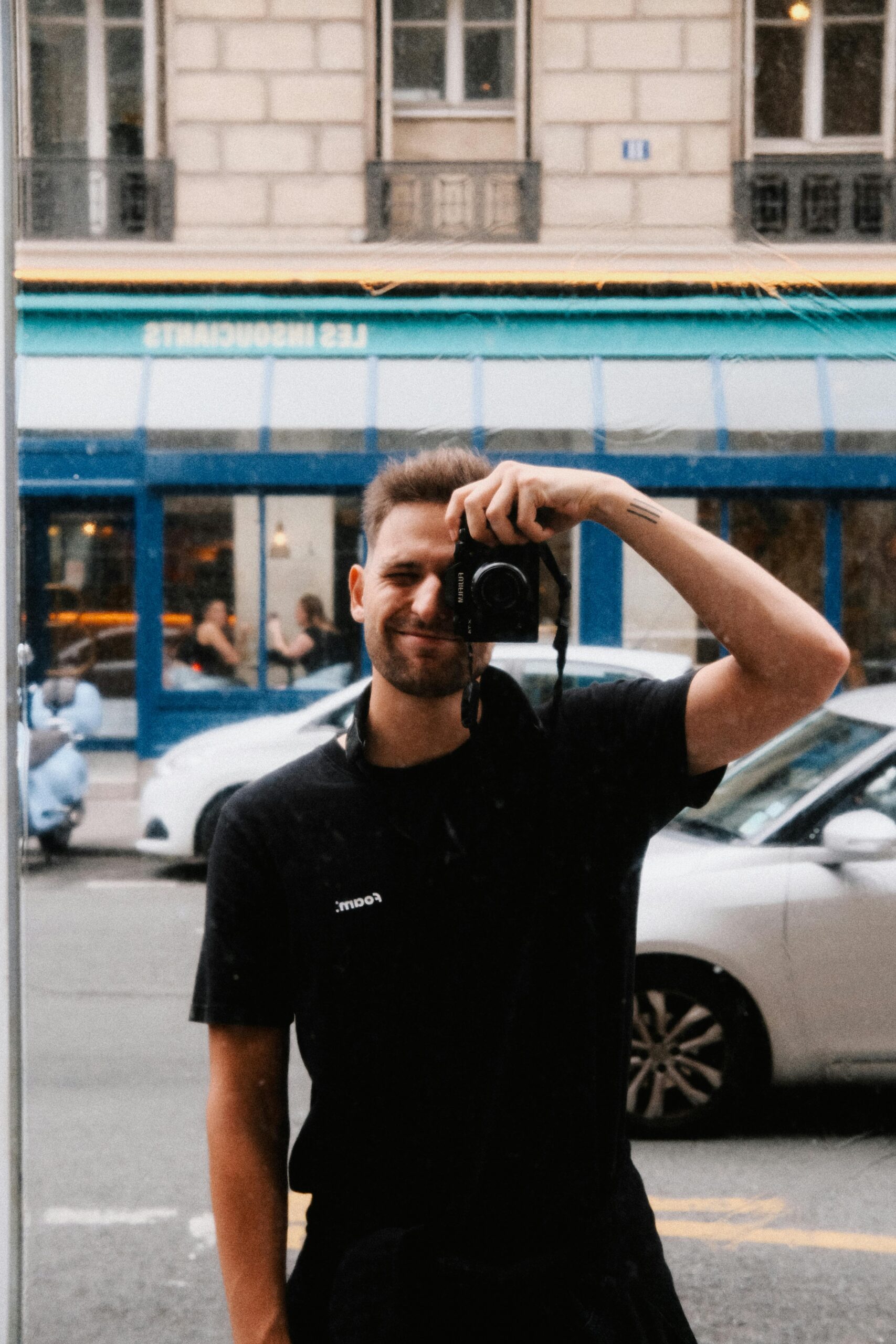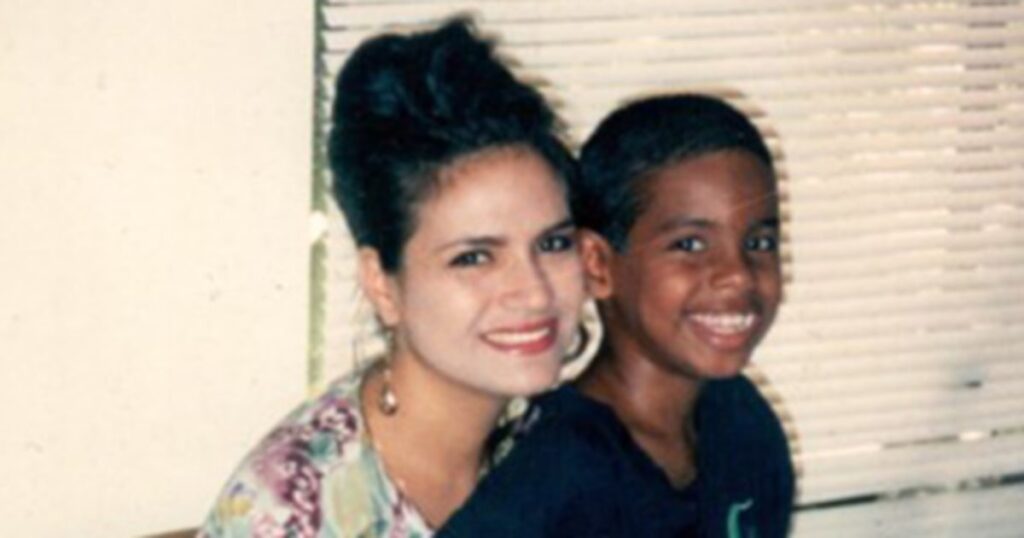Judge Allows Rose Johnson’s Excessive Force Case to Proceed
Six years following the fatal shooting of her son by a Seattle police officer with a troubling history, a federal judge has authorized Rose Johnson’s excessive force lawsuit to advance.
U.S. District Judge Thomas Zilly has tentatively scheduled the trial for September 15, following a recent appeals court ruling that dismissed the officer’s defense of qualified immunity—a contentious legal principle that can protect police from civil rights lawsuits.
The March 3 decision from the 9th U.S. Circuit Court of Appeals reflects gradual shifts in legal attitudes even as congressional efforts to reform qualified immunity have stagnated.
For Johnson, who initiated the lawsuit after police officers fatally shot her son just moments after entering his home on May 8, 2019, this ruling represents a significant step in a protracted journey toward healing.
“Moving forward and coping with the loss of Ryan has not become easier with the passage of time,” she expressed. “He was—and remains—my heart and soul.”
Her lawsuit, filed in 2022 in the wake of an NBC News report detailing her son’s case, contends that Officer Christopher Myers engaged in “willful and reckless” actions that infringed upon Smith’s constitutional rights, ultimately leading to his death.
The complaint also identifies a second officer and claims the Seattle Police Department displayed “deliberate indifference” by failing to ensure that Myers—who discharged his weapon in four incidents between 2010 and 2019, three of which resulted in fatalities—received the necessary mental or professional support.
Despite his history of shootings, Myers has faced neither disciplinary action nor criminal charges. In 2014, an appeals panel noted the lack of supporting evidence for Myers’ narrative regarding one incident. He did not respond to requests for comment but previously maintained to NBC News that he never anticipates a situation leading to a shooting.
“Regrettably, some individuals do not comply, which can escalate the situation,” he remarked.
Attorneys for the involved officers and the police department have not replied to requests for comments. They previously attempted to dismiss the suit, arguing that city officials could not be held liable as they did not violate Smith’s constitutional rights. They claimed Smith presented an imminent threat at the time of the shooting, asserting that the officers’ actions warranted qualified immunity.
Qualified immunity permits law enforcement officials to claim that allegations of constitutional breaches should be dismissed because such violations were not “clearly established” at the time.
“There was no (and is no) precedent that would inform a reasonable officer that shooting Mr. Smith would breach established law,” the legal counsel stated.
Smith was shot fatally after his girlfriend called 911, reporting a frightening scenario in which Smith threatened her with a knife and indicated he might take his own life. A log from the dispatch revealed that she had barricaded herself in the bathroom while Smith scratched at the door. A dispatcher informed responding officers that “there is blood all over the bathroom.”
City officials later conceded that this alarming detail stemmed from a misunderstanding by the 911 operator. The girlfriend had actually indicated she did not require a medic but feared that Smith might have injured himself and needed assistance, as outlined in Johnson’s lawsuit.
Upon arriving at the scene, Myers believed Smith’s girlfriend could be critically injured, he stated to investigators. The officers’ legal team asserted that this constituted a domestic violence emergency.
Body camera footage shows officers demanding that Smith open the door, followed by their forced entry when he did not comply. As he emerged with what appeared to be a knife, officers ordered him to drop it and surrender.
Within six seconds, Myers discharged his weapon eight times, while a second officer, Ryan Beecroft, fired twice. The lawsuit alleges Smith sustained seven bullet wounds.
According to the filing, the officers opened fire only after Smith advanced toward them in an “attack position,” refusing to follow their commands.
Johnson asserts that her son battled depression, anxiety, and alcoholism for years, and she believes he was in crisis at the time of the shooting. Johnson’s attorneys argue that the police failed to implement de-escalation techniques despite Beecroft’s prior awareness of Smith’s mental health struggles.
In the March ruling, 9th Circuit Judge William Fletcher refuted the officers’ assertions, stating that a reasonable jury might conclude Smith did not present an immediate threat nor actively resist arrest, noting he might not have understood the officers’ simultaneous and conflicting commands.
“The officers failed to provide warnings, and the use of a Taser may have been appropriate,” he pointed out. “Based on this circuit’s precedent, a reasonable officer should recognize that using deadly force merely because Smith held a knife was unjustifiable.”
A preliminary hearing in the case is slated for July 18, while officers’ lawyers have sought to postpone the September trial, which is expected to span five to ten days.

Passionate journalist and digital news editor with a keen eye for global affairs and emerging trends. As the founder and lead writer of RSS News US, he is dedicated to delivering accurate, insightful, and engaging content to readers seeking trustworthy news in a fast-paced world.


